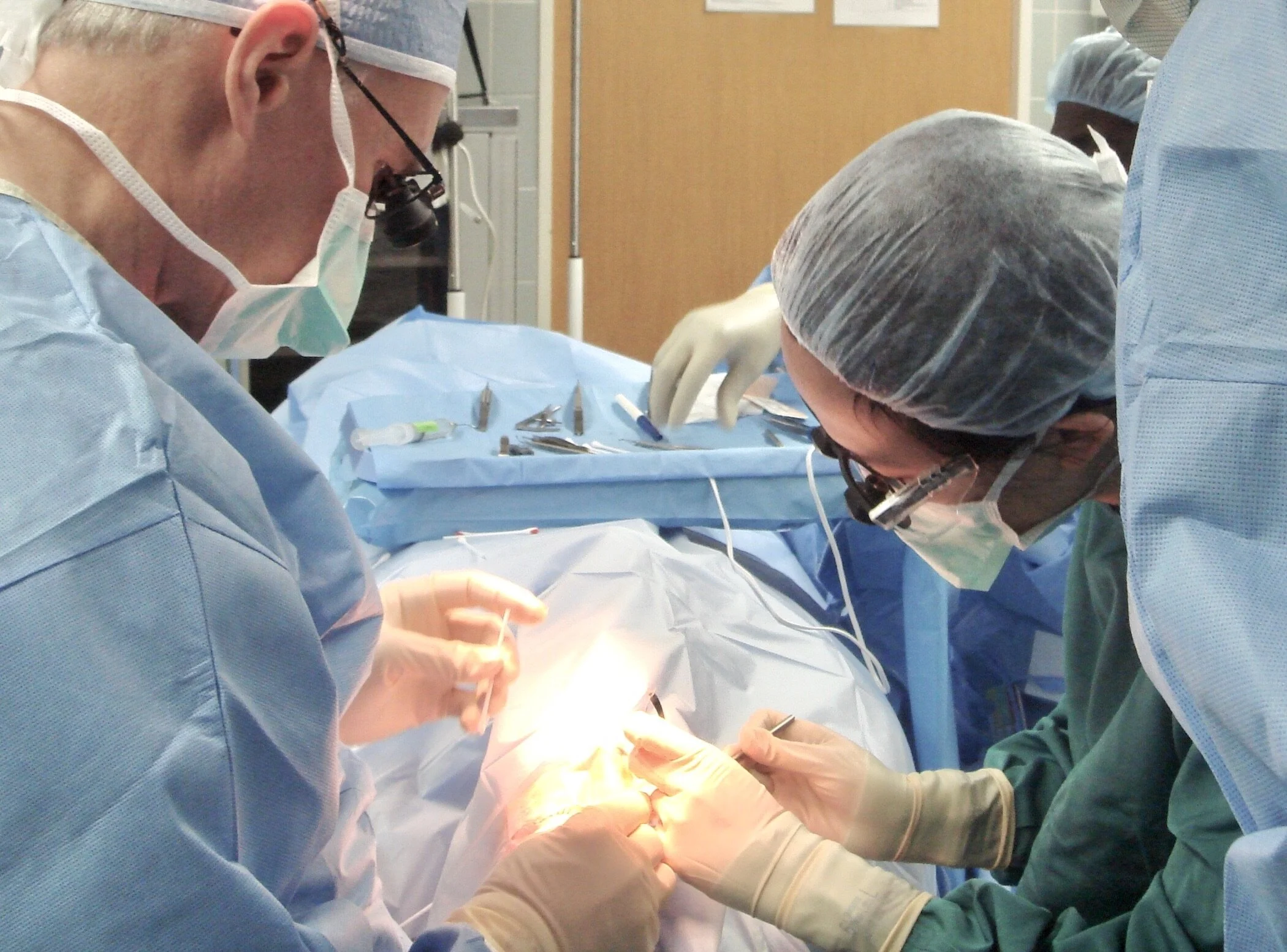From Action to Passion
We can learn to be obedient people who do not always try to go back to the action but recognize the fulfillment of our deepest humanity in passion, in waiting.
– Henri Nouwen, “A Spirituality of Waiting”
We were in a couples’ small group a while ago, when someone mentioned a concept that has stayed with me. “We place so much emphasis on being ‘active’ these days,” he said. “We ask people how much they’ve gotten done. We talk about ‘staying active’ as we age. But I read something by Nouwen about how part of the passion is allowing ourselves to be acted upon.” I looked up the passage and this is the story Nouwen begins by sharing:
I was invited to visit a friend who was very sick. He was a man about fifty-three years old who had lived a very active, useful, faithful, creative life . . . When he was fifty he found out he had cancer, and the cancer became more and more severe.
When I came to him, he said to me, “Henri, here I am lying in this bed, and I don't even know how to think about being sick. My whole way of thinking about myself is in terms of action, in terms of doing things for people. My life is valuable because I've been able to do many things for many people. And suddenly, here I am, passive, and I can't do anything anymore.” And he said to me, “Help me to think about this situation in a new way. Help me to think about my not being able to do anything anymore so I won't be driven to despair. Help me to understand what it means that now all sorts of people are doing things to me over which I have no control.”
Nouwen wasn’t sure what to say. But he began to notice what he calls the “central word” in the passion of Jesus: the Greek word paradidomi, meaning “to hand over.” It is translated “betrayed” in Mark 14:10 when describing how Jesus was handed over by Judas: “Then Judas Iscariot, who was one of the twelve, went to the chief priests in order to betray him to them.” It is also used of how Jesus was handed over by God, in Romans 8:32 where it is translated “gave him up”: “He who did not spare his only Son but gave up him for us all.”
This word, “handed over,” divides the life of Jesus in two. The first part of his life is filled with activity and initiative. Jesus speaks, heals, preaches, travels. But after Jesus is handed over, he becomes one to whom things are being done. He’s arrested, led to the priest, taken before Pilate, crowned with thorns, nailed to a cross.
Nouwen writes:
It is important for us to realize that when Jesus says, “It is accomplished,” he does not simply mean, “I have done all the things I wanted to do.” He also means, “I have allowed things to be done to me that needed to be done to me in order for me to fulfill my vocation.” Jesus does not fulfill his vocation in action only but also in passion. He doesn't just fulfill his vocation by doing the things the Father sent him to do, but also by letting things be done to him that the Father allows to be done to him, by receiving other people's initiatives.
Jesus does not fulfill his vocation in action only but also in being acted upon. He does not fulfill his vocation by doing things only, but also by allowing things to be done to him that the Father allows to be done. He does not fulfill his vocation by initiating only, but by receiving other people’s initiatives. Part of our deepest humanity and God’s deepest purposes for us are realized, not only by action, but by being acted upon.
The cross itself is the epitome of being acted upon—one cannot crucify oneself. Yet it is also the precise moment when the power and glory of God breaks through. “The cross . . . is the power of God” (1 Corinthians 1:18). The cross is both, together, Jesus lifted up in both desolation and glory, as victim and as divine, the one all the greater because of the other, and this can be our experience too. God’s power, glory, nature can break through not only where we are active, but where we are acted upon.
And ultimately, as we hand ourselves over, we experience the love of a God who handed himself over to us. Nouwen ends his story this way:
When we allow ourselves to feel fully how we are being acted upon, we can come in touch with a new life that we were not even aware was there. This was the question my sick friend and I talked about constantly. Could he taste the new life in the midst of his passion? Could he see that in his being acted upon by the hospital staff he was already being prepared for a deeper love? It was a love that had been underneath all the action, but he had not tasted it fully. So together we began to see that in the midst of our suffering and passion, in the midst of our waiting, we can already experience the resurrection.






